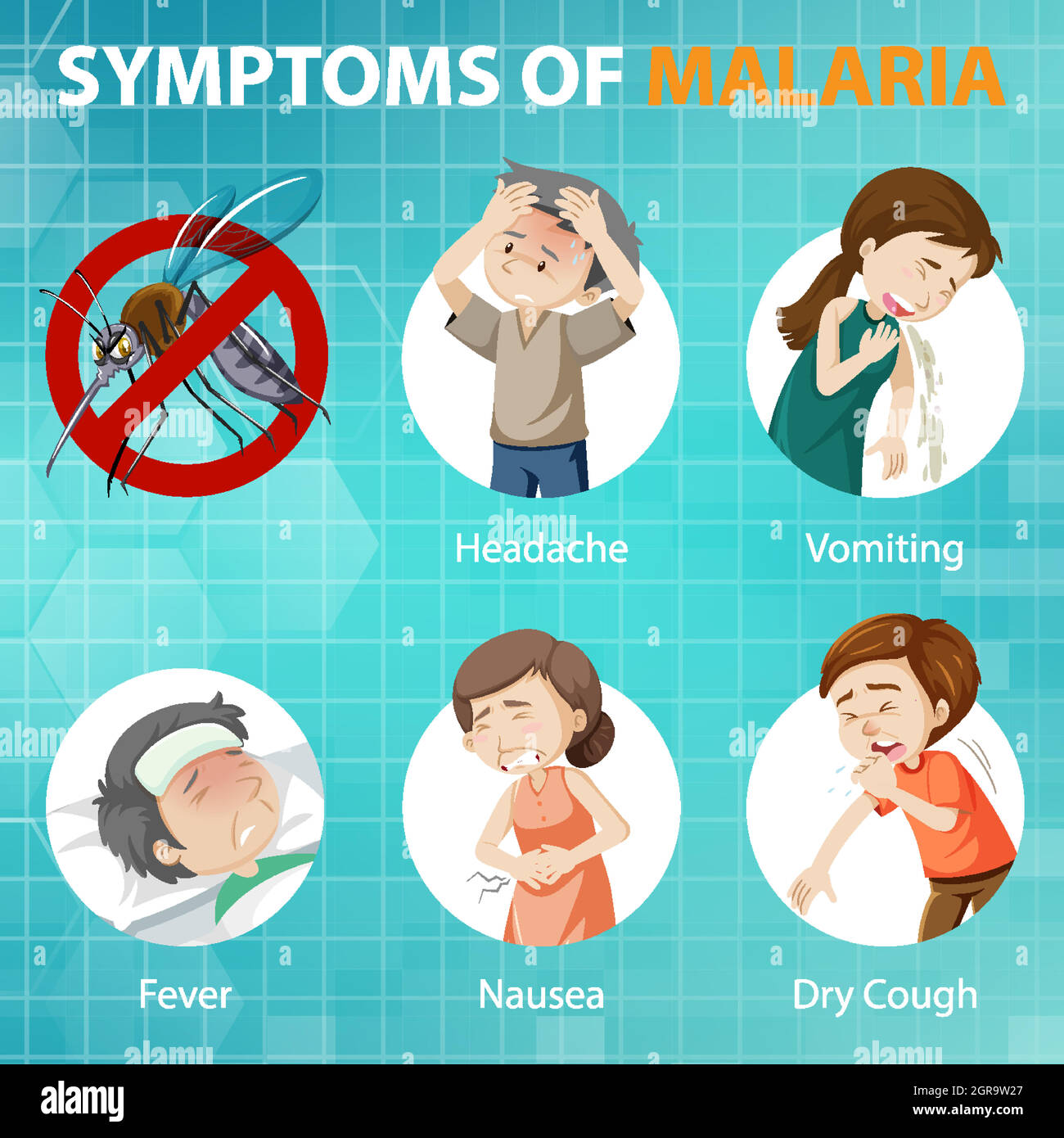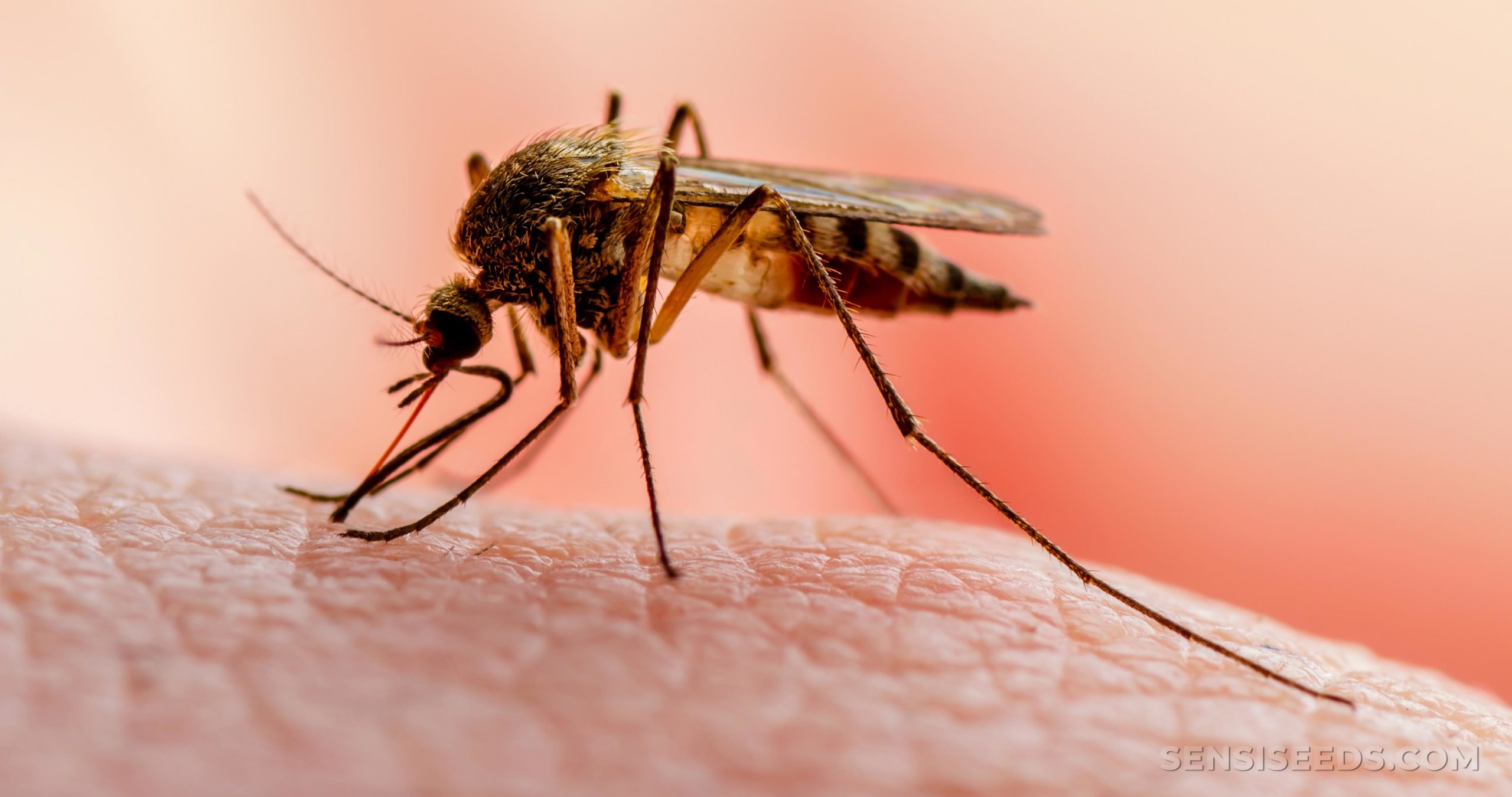Malaria: Symptoms, Prevention, and Treatment is a mosquito-borne disease that affects millions of people worldwide. It is a serious illness that can lead to death if not treated promptly.
Editor's Note: This guide was published on [Today's Date] to provide comprehensive information on malaria, including its symptoms, prevention, and treatment. Understanding malaria is crucial for individuals living in affected regions and travelers visiting malaria-endemic areas.
Key Differences or Key Takeaways
Transition to Main Article Topics
FAQ
This section comprises frequently asked questions and their corresponding evidence-based answers to provide a comprehensive understanding of malaria symptoms, prevention strategies, and treatment options.

Malaria symptoms cartoon style infographic Stock Vector Image & Art - Alamy - Source www.alamy.com
Question 1: What are the common symptoms of malaria?
Malaria typically manifests with fever, chills, sweating, headache, and muscle pain. Gastrointestinal symptoms such as nausea, vomiting, and diarrhea may also occur.
Question 2: How is malaria transmitted?
Malaria is transmitted through the bite of an infected female Anopheles mosquito. When the mosquito bites an infected individual, it ingests parasites known as Plasmodium, which then develop in the mosquito's midgut and are transmitted to another person during a subsequent bite.
Question 3: What are the preventive measures for malaria?
Effective malaria prevention strategies include using insecticide-treated mosquito nets, applying insect repellent containing DEET or picaridin, wearing long-sleeved clothing and pants when outdoors, and taking antimalarial medications if traveling to high-risk areas.
Question 4: How is malaria diagnosed?
Malaria diagnosis involves a blood test that detects the presence of malaria parasites. A blood smear is examined under a microscope to identify the parasite species and determine the parasite density.
Question 5: What are the treatment options for malaria?
Malaria treatment depends on the parasite species, severity of infection, and patient's overall health. Treatment typically involves a combination of antimalarial medications, such as artemisinin-based combination therapies (ACTs), which are highly effective in treating uncomplicated malaria.
Question 6: Can malaria be fatal?
Malaria can be fatal if left untreated, particularly in severe cases. Prompt diagnosis and appropriate treatment are crucial to prevent life-threatening complications.
These FAQs aim to address common concerns and misconceptions about malaria, providing evidence-based information for comprehensive understanding and informed decision-making.
To learn more about malaria, its symptoms, prevention, and treatment, please refer to the following article sections:
Tips
Malaria remains a deadly disease, with hundreds of millions of cases and over 400,000 deaths annually. Prevention and early treatment are critical to combating malaria. Here are some tips to help you stay safe and healthy:
Tip 1: Use insecticide-treated bed nets
Mosquitoes are most active at night, so sleeping under an insecticide-treated bed net is one of the most effective ways to prevent malaria. Bed nets should be treated with a long-lasting insecticide, and they should be hung properly to ensure complete coverage.
Tip 2: Wear long sleeves and pants when outdoors
Mosquitoes are attracted to dark colors, so wearing light-colored, loose-fitting clothing can help to reduce your risk of being bitten. Tuck your shirt into your pants and wear long socks to create a barrier between your skin and mosquitoes.
Tip 3: Use insect repellent
Insect repellent can be applied to your skin or clothing to help keep mosquitoes away. Choose a repellent that contains DEET, picaridin, or IR3535, and apply it according to the directions on the label.
Tip 4: Take anti-malarial medication if you're traveling to a high-risk area
There are several different types of anti-malarial medications available, and your doctor can help you choose the one that's right for you. Anti-malarial medication should be taken before, during, and after your trip to a high-risk area.
Tip 5: Get tested for malaria if you have symptoms
If you have symptoms of malaria, such as fever, chills, sweating, headache, or muscle aches, see a doctor right away. Early diagnosis and treatment can help to prevent serious complications.
Tip 6: Educate yourself about malaria
The more you know about malaria, the better you can protect yourself and your loved ones. Read Malaria: Symptoms, Prevention, And Treatment to learn more about the disease, how it's transmitted, and how to prevent it.
Summary of key takeaways or benefits
By following these tips, you can help to reduce your risk of getting malaria. Malaria is a serious disease, but it can be prevented and treated. If you're concerned about malaria, talk to your doctor.
Transition to the article's conclusion
Malaria is a preventable and treatable disease. By taking steps to protect yourself, you can help to reduce your risk of getting malaria and its serious complications.
Malaria: Symptoms, Prevention, And Treatment
Understanding the multifaceted nature of malaria is crucial for effective prevention and treatment. From the characteristic symptoms to the preventive measures and available therapies, this disease demands comprehensive knowledge.
- Recurring Fever: A hallmark symptom that typically occurs in cycles.
- Vector Control: Employing measures to reduce mosquito populations, such as insecticide-treated bed nets.
- Chills and Sweats: Common discomfort experienced during the fever cycle.
- Drug Resistance: A growing concern that complicates malaria treatment.
- Malaria Vaccines: Ongoing research efforts aim to develop effective vaccines for prevention.
- Antimalarial Medications: Essential treatments that target the malaria parasite.
The interconnections among these aspects underscore the complexity of malaria. For instance, drug resistance can jeopardize treatment efficacy, highlighting the need for continued research on new medications. Additionally, malaria vaccines hold immense potential for preventing infections, reducing the burden on healthcare systems. A comprehensive understanding of these key aspects empowers individuals and healthcare professionals with the knowledge necessary to combat malaria effectively.

Dengue Fever,Facts,Symptoms,Prevention & Treatment - DrugsBank - Source www.drugsbanks.com
Malaria: Symptoms, Prevention, And Treatment
Malaria is a severe and potentially life-threatening disease caused by a Plasmodium parasite that infects red blood cells. The parasite is transmitted to humans through the bites of infected mosquitoes. Symptoms of malaria typically appear within 10-15 days after the infectious bite and can include fever, chills, sweating, headache, muscle pain, fatigue, nausea, vomiting, and diarrhea.

Malaria: Symptoms, Treatment, And Prevention, 53% OFF - Source depidiomas.unitru.edu.pe
Prevention of malaria involves avoiding mosquito bites and taking antimalarial medications. Mosquito bite avoidance measures include using insect repellent, wearing long-sleeved clothing, and staying in air-conditioned or screened areas. Antimalarial medications are available in both prescription and over-the-counter forms and should be taken as directed by a healthcare provider.
Treatment for malaria involves taking antimalarial medications. The specific type of medication used will depend on the species of Plasmodium parasite causing the infection, the severity of the infection, and the patient's overall health. Treatment typically lasts for one to two weeks and is often accompanied by supportive care, such as intravenous fluids, blood transfusions, or oxygen therapy.
Understanding the connection between malaria symptoms, prevention, and treatment is crucial for travelers and individuals living in areas where malaria is prevalent. Malaria is a serious disease that can cause significant morbidity and mortality, but it is preventable and treatable. By taking appropriate preventive measures and promptly seeking medical attention when symptoms develop, individuals can reduce their risk of malaria infection and its associated complications.
Table: Malaria: Symptoms, Prevention, and Treatment
| Symptoms | Prevention | Treatment |
|---|---|---|
| Fever, chills, sweating, headache, muscle pain | Mosquito bite avoidance, antimalarial medications | Antimalarial medications, supportive care |
Conclusion
Malaria remains a significant global health threat, particularly in tropical and subtropical regions of the world. The understanding of malaria symptoms, prevention, and treatment is essential for reducing the burden of this disease. By employing effective preventive measures, including mosquito bite avoidance and appropriate antimalarial medications, individuals can minimize their risk of infection.
Early diagnosis and prompt treatment of malaria are crucial for preventing severe complications and fatalities. Access to healthcare services and timely availability of antimalarial medications are critical. Continued research efforts are needed to develop more effective antimalarial drugs, vaccines, and diagnostic tools to combat malaria and ultimately eliminate this deadly disease.